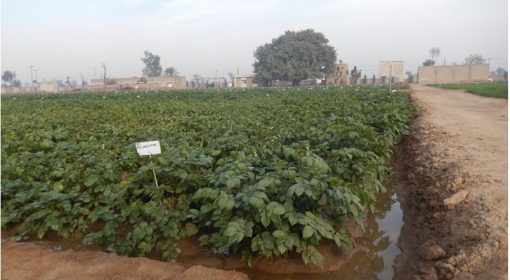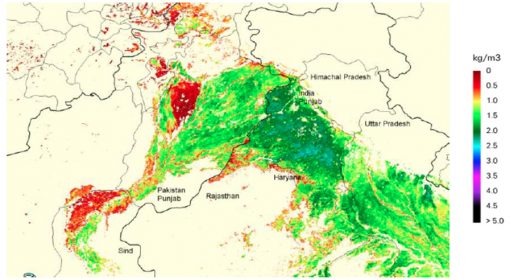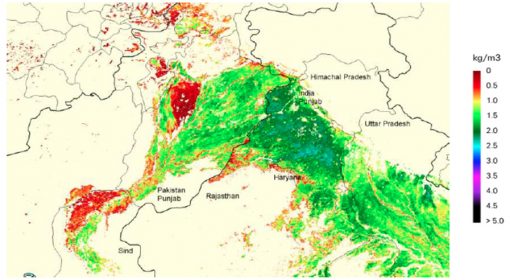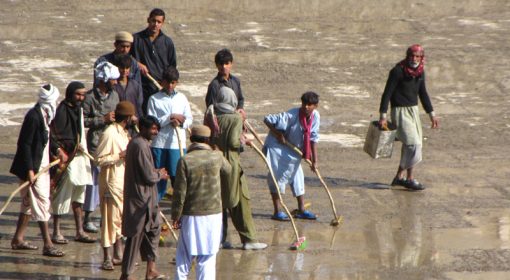Mohammed Chandio and Frank van Steenbergen
Access to safe water services in rural Sindh (Pakistan) is among the most problematic in the world. With 70 percent of the Province of 48 million underlain by saline ground water, finding a good water source in rural Sindh is as hard as it is finding a safe source in the middle of the desert. The recently issued Sindh Water Policy makes this point.
In this challenging geography, small fresh groundwater lenses, created by seepage from the many irrigation canals traversing the Province, are the lifelines. These small pockets of fresh water, floating on the saline water make up a major part of the sources of rural water supply. They are mainly accessed by simple hand pumps. For four-fifth of the rural population, especially for those in small settlement, handpumps are the prime source. Non-functionality of improved water supply systems in high (58%), whereas water quality in 98% of the remaining functioning systems does not meet quality standards.
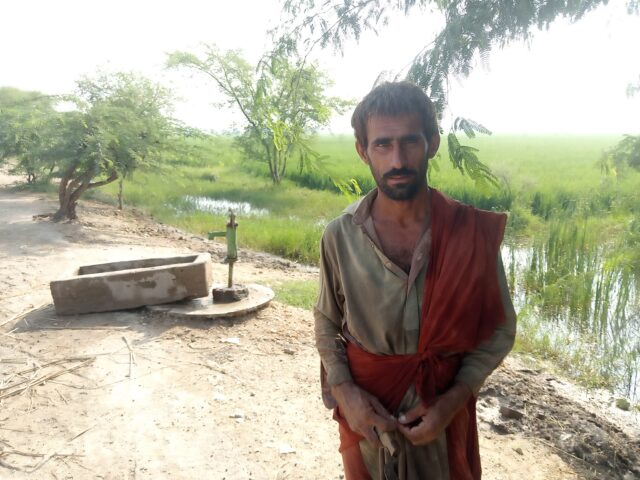
These small freshwater sweet spots are precarious and they need to be managed with love, attention and urgency. The freshwater lenses are dependent on how the water in the canals is managed. Protection should include (1) ensuring unlined canal supplies only in critical areas with saline groundwater, allowing the lenses to be maintained by continued seepage from the canals. Lining of canals and minors should only be undertaken where such canals are passing from waterlogged areas, but should not be undertaken in areas with saline groundwater be banned (2) cement concrete lining already done in such areas may be perforated so that canal seepage can restart and feed the small water pockets again to provide drinking water for rural households. (3) selective drainage interventions in waterlogged areas. This will create free space in the shallow aquifers and allow the formation of new lenses on top of saline groundwater layers, fed by rainfall, flood events and seepage from irrigation canals (4) well considered schedules for annual canal maintenance closure to avoid fresh water supplies drying up for extended periods in large areas – it is better to work in quick and effective rotation whereby areas are closed only for short period and (5) finally avoid overuse of the precarious little water lenses and promotion of safe abstraction systems for drinking water only, such as handpumps or radial wells.
